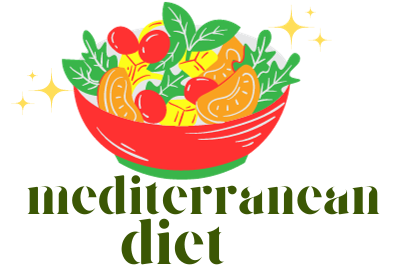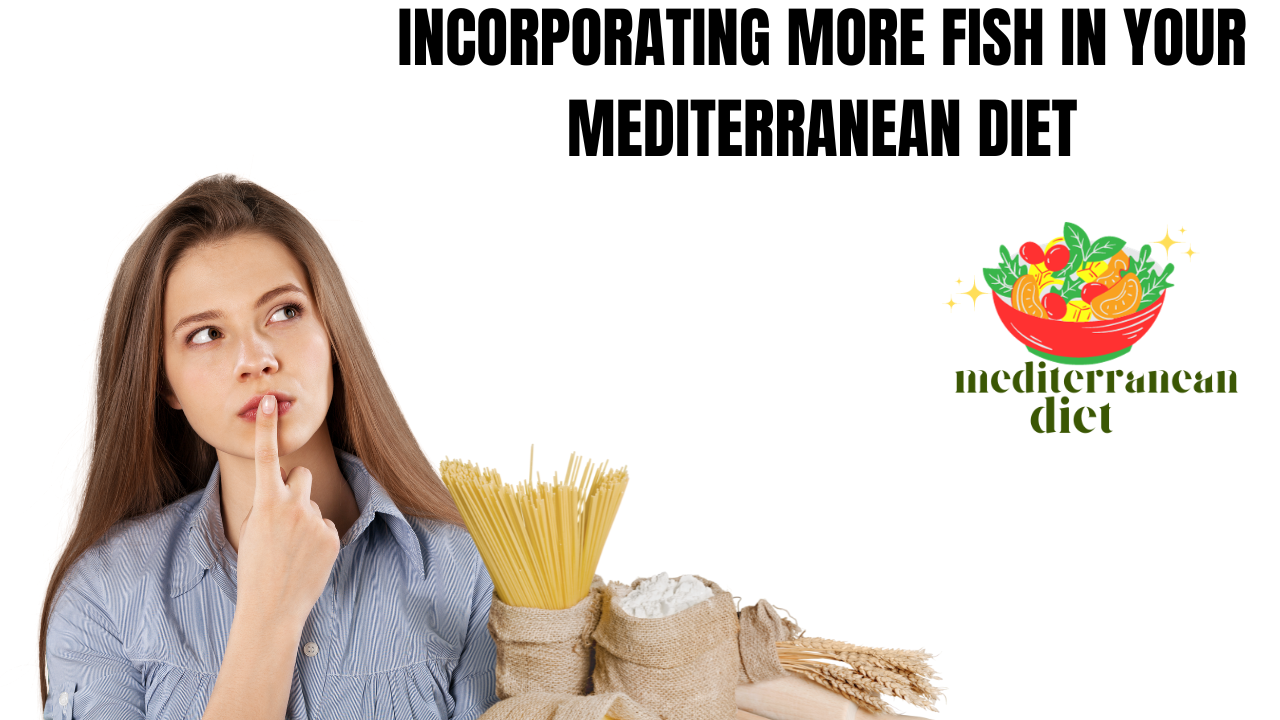In today’s fast-paced world, where mental health and cognitive well-being are paramount, the significance of dietary habits in safeguarding our minds is gaining recognition. The Mediterranean diet, renowned for its health benefits, emerges as a potent shield against cognitive decline. This article explores the impact of the Mediterranean diet on brain health, revealing its protective elements against cognitive impairment and its potential as a preventive measure.
Table of Contents
Introduction: Embracing the Mediterranean Diet
The Mediterranean diet is more than just a culinary choice; it’s a lifestyle rooted in the eating habits of countries bordering the Mediterranean Sea. Its foundation lies in consuming primarily plant-based foods, healthy fats, and moderate portions of fish and poultry.
Understanding Cognitive Decline
Before delving into the diet’s impact, understanding cognitive decline is crucial. Age-related cognitive decline and neurodegenerative diseases, such as Alzheimer’s and dementia, affect millions worldwide. These conditions impair memory, thinking abilities, and daily functioning, underscoring the need for preventive measures.
The Link Between Diet and Cognitive Health
Scientific studies highlight a compelling link between diet and cognitive health. The Mediterranean diet’s rich array of nutrients, antioxidants, and anti-inflammatory properties are key factors contributing to its protective effects on the brain.
Nutritional Components Beneficial for the Brain
Exploring the nutritional components integral to the Mediterranean diet unveils its prowess in nurturing brain health. Omega-3 fatty acids found abundantly in fish, along with antioxidants like polyphenols in fruits and vegetables, play pivotal roles in reducing inflammation and oxidative stress, preserving cognitive function.
Role of Olive Oil and Nuts
Olive oil, a staple in the Mediterranean diet, contains monounsaturated fats and antioxidants that support vascular health, critical for optimal brain function. Additionally, the inclusion of nuts provides essential nutrients like vitamin E, promoting cognitive abilities and potentially reducing the risk of cognitive decline.
Impact on Neuroplasticity and Cognitive Reserve
The diet’s influence extends beyond nourishing the brain; it stimulates neuroplasticity and builds cognitive reserve. These mechanisms bolster the brain’s ability to adapt and form new connections, potentially delaying cognitive decline.
Studies and Evidence Supporting the Diet’s Efficacy
Numerous studies affirm the beneficial impact of the Mediterranean diet on cognitive health. Research consistently demonstrates its association with a reduced risk of cognitive impairment and a slower rate of decline in older adults
Implementing the Mediterranean Diet
Transitioning to a Mediterranean diet involves embracing wholesome foods, emphasizing vegetables, fruits, whole grains, lean proteins, and healthy fats while minimizing processed foods and sugars.
Conclusion
In conclusion, the Mediterranean diet emerges as a powerful defense against cognitive decline, offering a holistic approach to maintaining brain health. Its nutrient-rich composition and anti-inflammatory properties present a promising strategy in preserving cognitive function and reducing the risk of neurodegenerative diseases.
FAQs
1. Is the Mediterranean diet suitable for everyone?
The diet is generally regarded as beneficial for most individuals due to its focus on whole foods and healthy fats.
2. Can the Mediterranean diet completely prevent cognitive decline?
While it may lower the risk, other factors also influence cognitive health. Genetics, lifestyle, and overall health play roles too.
3. Are there variations of the Mediterranean diet?
Yes, variations exist based on cultural preferences, but they all emphasize similar principles of whole foods.
4. How long does it take to see the effects on cognitive health?
Individual responses vary, but adopting the diet long-term yields better results.
5. Can supplements replace the benefits of the Mediterranean diet?
Supplements may complement a healthy diet, but the synergy of nutrients in whole foods is irreplaceable.






